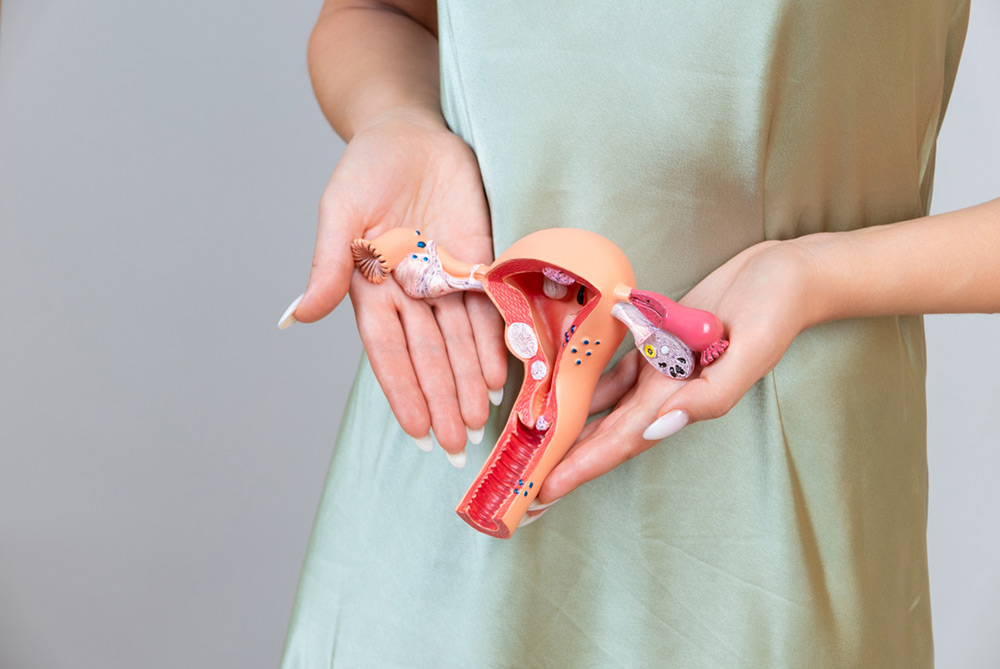The main problem with gynecological disorders is not just that they are becoming more common or are increasing in severity, but that the recognition of the conditions and the need for quick and expert treatment is often undervalued. One reason for this is that menstrual and gynecological problems vary greatly and what may be a normal condition for one woman may be a symptom of something more serious in another. Understanding the common ailments that women may suffer from is the starting point for getting treated and cured.
The Most Common Disorders
These and other gynecological disorders, both common and uncommon, are treatable. The treatments available include, but are not limited to:
There are several ways by which the risk of contracting these diseases may be mitigated. These include:
There is no way women can be totally free of the risk of developing gynecological ailments, even with the best precautions and care. However, that does not mean that pain and discomfort are burdens that women must bear. Regular gynecological checkups are the best defence against gynecological disorders. At times, these problems can come on suddenly and catch you by surprise, even if you are having regular checkups. Whether it is a problem spotted during a routine checkup or one that requires a visit to an OB/GYN, the important thing is that you are checked, diagnosed and treated at a hospital with a dedicated obstetrics and gynaecology department where the best gynecologists and diagnosis and treatment facilities are available. Because gynecological conditions may cause other health issues or may be the result of them, a multispecialty hospital where the best doctors from various medical specializations are all available at the same place is the best option. New Medical Centre, Pondicherry, is among the most highly rated multispecialty hospitals in South India.
How to increase the chances of normal delivery in pregnant women?
FAQs on Women’s Health: Understanding Common Gynecological Issues in India
- What are the most common gynecological problems faced by women in India?
The most common gynecological problems include menstrual disorders, polycystic ovary syndrome (PCOS), endometriosis, uterine fibroids, vaginitis, pelvic inflammatory disease (PID), urinary incontinence, and sexually transmitted infections (STIs). Many of these conditions can be treated effectively if diagnosed early by a qualified gynecologist.
- When should I consult a gynecologist for menstrual problems?
You should see a gynecologist if you experience heavy bleeding, irregular cycles, severe cramps, or missed periods for several months. These could indicate hormonal imbalance, fibroids, or thyroid issues. Early consultation helps identify the underlying cause and ensures proper treatment.
- What is PCOS, and how can it affect my health?
Polycystic Ovary Syndrome (PCOS) is a hormonal disorder where multiple cysts form on the ovaries, leading to irregular periods, infertility, weight gain, acne, and excessive hair growth. PCOS is also linked to diabetes and heart disease if left untreated. Lifestyle changes, medication, and regular follow-ups help manage the condition effectively.
- How serious is endometriosis, and what are its symptoms?
Endometriosis is a chronic condition where tissue similar to the uterine lining grows outside the uterus, causing severe menstrual pain, pain during intercourse, and fertility issues. It requires medical evaluation and often needs hormonal therapy or surgery for long-term relief.
- What are the symptoms of sexually transmitted infections (STIs) in women?
STIs can cause vaginal discharge, sores, itching, pelvic pain, or burning during urination. Common infections include chlamydia, HPV, gonorrhea, and herpes simplex. Early diagnosis and treatment are crucial to prevent infertility or chronic pelvic pain. Always practice safe sex and regular STI screening.
- How can urinary incontinence be treated in women?
Urinary incontinence can result from childbirth, menopause, or pelvic floor weakness. Treatment options include pelvic floor exercises (Kegels), bladder training, medications, or surgery in severe cases. A gynecologist or urologist can identify the cause and design a personalized treatment plan.

